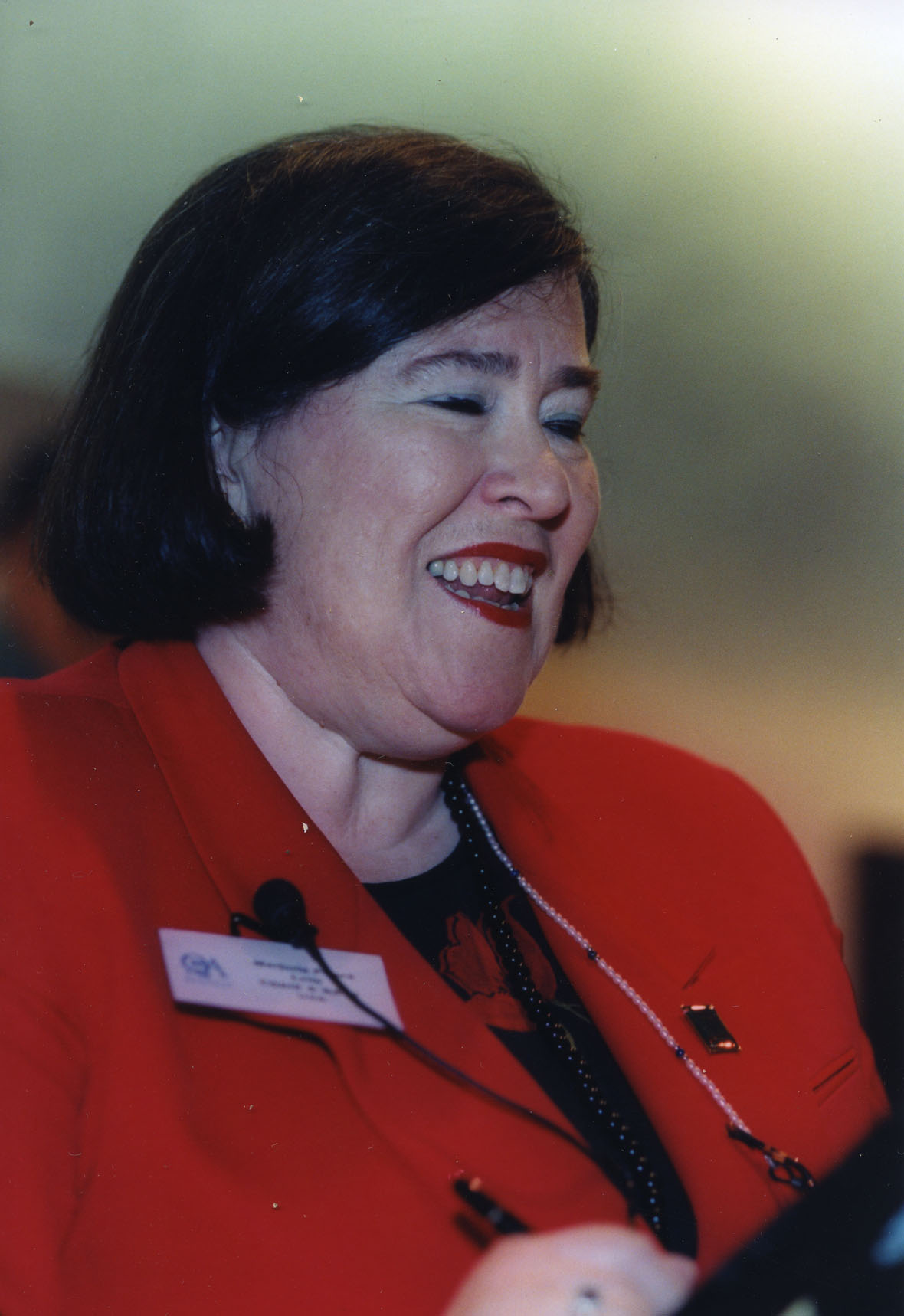Background on Marjorie Peace Lenn

Marjorie Peace Lenn
A leader in the global quality assurance movement in higher education, Marjorie Peace Lenn was the founding president of the Center for Quality Assurance in International Education (CQAIE). Born in Bowling Green, Ohio, in 1946, and educated at Transylvania University (BA, 1968), Yale (MAR, 1970), and UMass Amherst (MEd and EdD, 1978), Lenn began her career in education as an assistant area director of student life at UMass Amherst, rising over the course of twelve years (1970-1982) to become the Director of Residential Life.
From UMass, Lenn went on to senior positions with the Council on Postsecondary Accreditation (1982-1992) before founding the CQAIE in 1991 to address the need for an organization that would be willing and able to work with international organizations or people on issues in higher education accreditation. Lenn was the driving force in CQAIE for nearly two decades, from 1991 until 2010.
Throughout her career, Lenn was in high demand internationally as a consultant on quality assurance and accreditation systems. Working with dozens of governments, ministries of education, universities, and intergovernmental agencies such as the World Bank, UNESCO, OECD, Organization of American States, United Nations Development Program, and the Asia Development Bank, she also became an official advisor to the U.S. government on trade in education services as a member of the International Trade Advisory Commission, influencing the development of accreditation infrastructure in Asia, Europe, and the Americas. Her work took her to over 50 countries, including Romania, Bulgaria, Estonia, Sweden, the United Arab Emirates, Costa Rica, Vietnam, East Timor, Japan, China, Colombia, Chile and Indonesia.
As part of her work with the CQAIE to organize higher education organizations around common needs and concerns, Lenn became a key member of the National Committee for International Trade in Education (NCITE), an organization founded in September 1999 to lobby the U.S. government during international trade negotiations. NCITE made its presence known to the federal government almost immediately, advising the U.S. Trade Representative as early as September 15 1999, and later the Department of Commerce at a Roundtable Discussion on trade services, and ultimately being introduced to the international community at the 4th annual GATE conference in Melbourne Australia. Founded to serve as a collective voice for US higher education and training industries in matters relating to international trade negotiations, NCITE sought out meetings with negotiators involved in WTO Ministerials, first among them the Seattle Ministerial, in order to provide information on higher education and information on the interests of the training and higher education communities in relation to international agreements.
Among Lenn's most significant accomplishments was the creation of International Recognition in Teacher Education (IRTE) in 2003, which provided an effective accreditation standard and infrastructure for international education. Building on the National Council on Accreditation in Teacher Education (NCATE) standards used in the United States in cooperation with NCATE, Lenn and her colleagues developed the IRTE as a supportive process meant to assist programs in reaching quality standards and it provided support, timetables, and workshops as a way of providing institutions seeking recognition the best chance at success. Like so many of Lenn's other projects, it was first administered by the CQAIE, but ultimately it returned full circle and was rolled into the Council on Accreditation of Education Professionals (CAEP) portfolio when CAEP was formed through the merger of NCATE and the Teacher Educator Accreditation Council.
Over her career Lenn wrote, co-wrote, or edited a number of important works on international education and accreditation. After a long battle with cancer, she died at home in Alexandria, Va., on Oct. 16, 2010.

